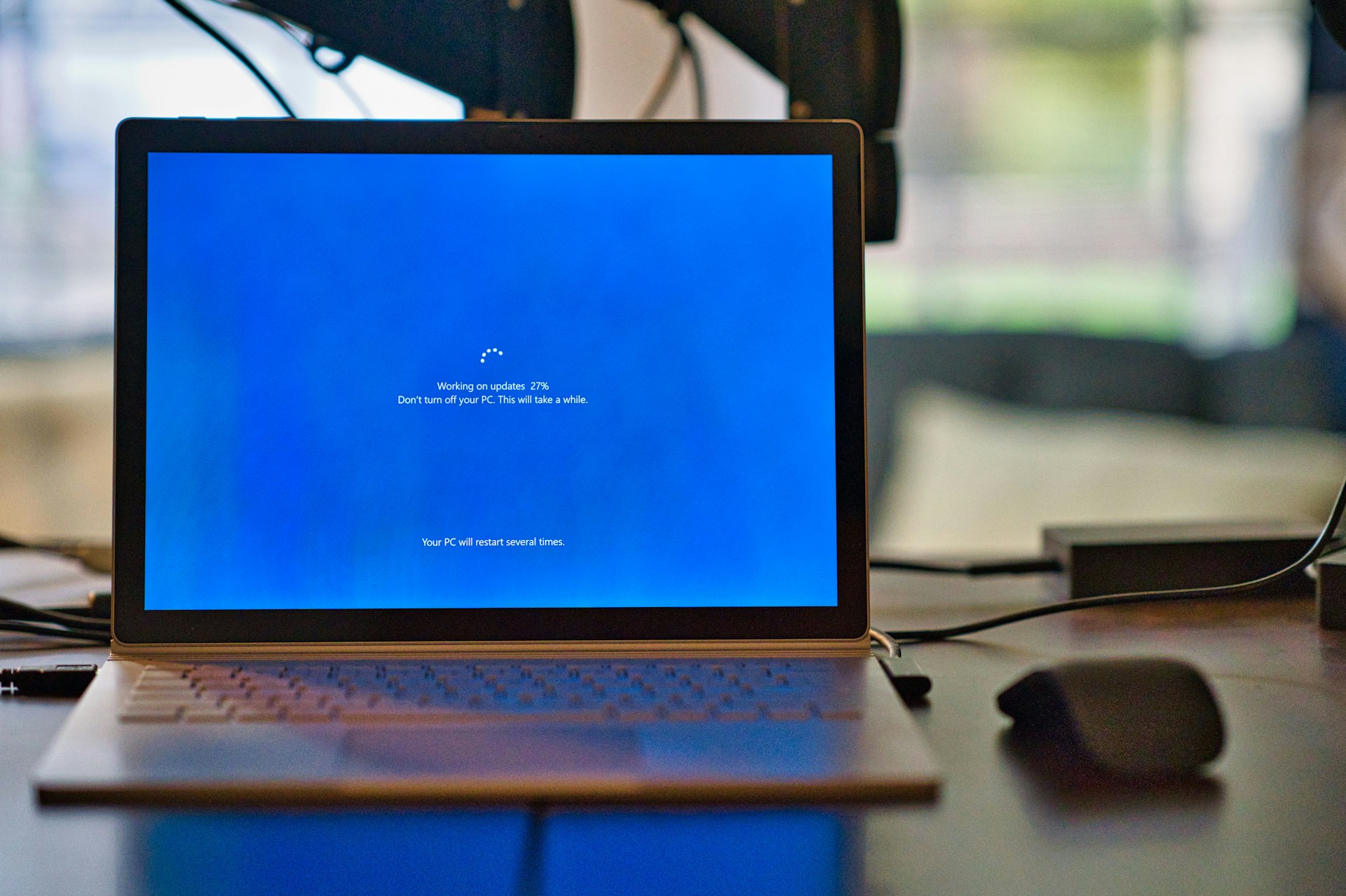Physicists are locked in a heated debate over Microsoft's recent claims of a breakthrough in quantum computing, with some experts calling the results "just noise." The controversy centers on Microsoft's assertion that it has built a new type of quantum hardware, known as a topological qubit, which is less prone to errors. However, researchers remain skeptical, citing a lack of conclusive evidence to support the claim.
The debate is not new, with Microsoft facing similar criticism in 2021 when it had to retract a similar claim. The company's quantum team leader, Chetan Nayak, presented new data at the American Physical Society's Global Physics Summit in Anaheim, California, but it failed to convince many in the scientific community. "I never felt like there would be one moment when everyone is fully convinced," Nayak told Nature.
The skepticism is not limited to Microsoft's claims. The entire quantum computing industry is struggling with hype and uncertainty, despite incremental progress in research. While champions of quantum computing promise revolutionary advancements in materials science, encryption, and finance, the timeline for commercialization remains unclear. In January, Nvidia's Jensen Huang expressed doubt that commercial quantum computing would exist in 15 years, triggering a fall in quantum-related stocks.
Despite the uncertainty, researchers are making progress. Google, Amazon, and several startups have announced incremental improvements in recent months. However, the technology remains a full-stack problem, requiring significant advancements in materials engineering, qubit connection, and manufacturing. "Discourse and skepticism are all part of the scientific process," Microsoft spokesperson Craig Cincotta told The Verge.
Experts predict that early useful applications of quantum computers could be in performing accurate and fast chemistry simulations, which could lead to breakthroughs in fields such as pharmaceuticals and finance. However, the technology is still in its infancy, and researchers need to reduce errors and make significant advancements before quantum computers can be useful.
The industry is also grappling with the risk of a "quantum winter," where overhype leads to inflated expectations and disappointment, causing investors to withdraw funding. Researchers are walking a tightrope, needing to show progress to keep investors happy while tempering expectations to avoid disappointment.
Government funding is pouring in, with the US, European Union, and UK pledging billions to develop quantum computing. Private sector investment is also on the rise, with Crunchbase reporting $1.5 billion in venture funding worldwide in 2024. However, the worry is that the hype surrounding quantum computing could lead to a repeat of the "AI winters" of the past, where overpromising and underdelivering led to a decline in funding.
For now, the drama over Microsoft's qubit claims is a symptom of a larger issue in the quantum computing industry. As researchers continue to work towards making quantum computers a reality, they must navigate the delicate balance between progress and hype, all while keeping investors and the public informed and patient.



